Intervention Counselors for Mental Disorders, Alcohol, and Drug Addiction
Meet Our Experienced Intervention Counselors
Family First Intervention uses a human resources model. In this approach, the team works collaboratively, and each member builds on the strength, knowledge, and motivation of others. We all have different experiences and varying degrees of education that we can bring together. No one person can accomplish these goals alone; each member of the team needs the help of others. Our approach is effective in a human services organization where successful outcomes are the driving force behind the overall vision. In order to provide families and the substance user effective solutions, a team approach is a necessity. Whether we’re staffing your case, doing your assessment, assigning the interventionist, or discussing the delivery of our family recovery coaching after the intervention, more than one person is always involved in the process.
For Specific types of Interventions please review one of our Intervention pages linked below…
For more information about Drug Addiction Intervention Services click here.
For more information about Alcoholic Intervention Services click here.
For more information about Mental Health Disorder/Dual Diagnosis Intervention Services click here.
For more information about S.A.F.E.® Intervention & Family Recovery Coaching Services click here.
Our staff members and intervention counselors who make Family First Intervention possible are:

Mike Loverde, MHS, CIP
Clinical Director & Founder, Family First Intervention



Lisa Loverde, CADC
CFO & Compliance Officer
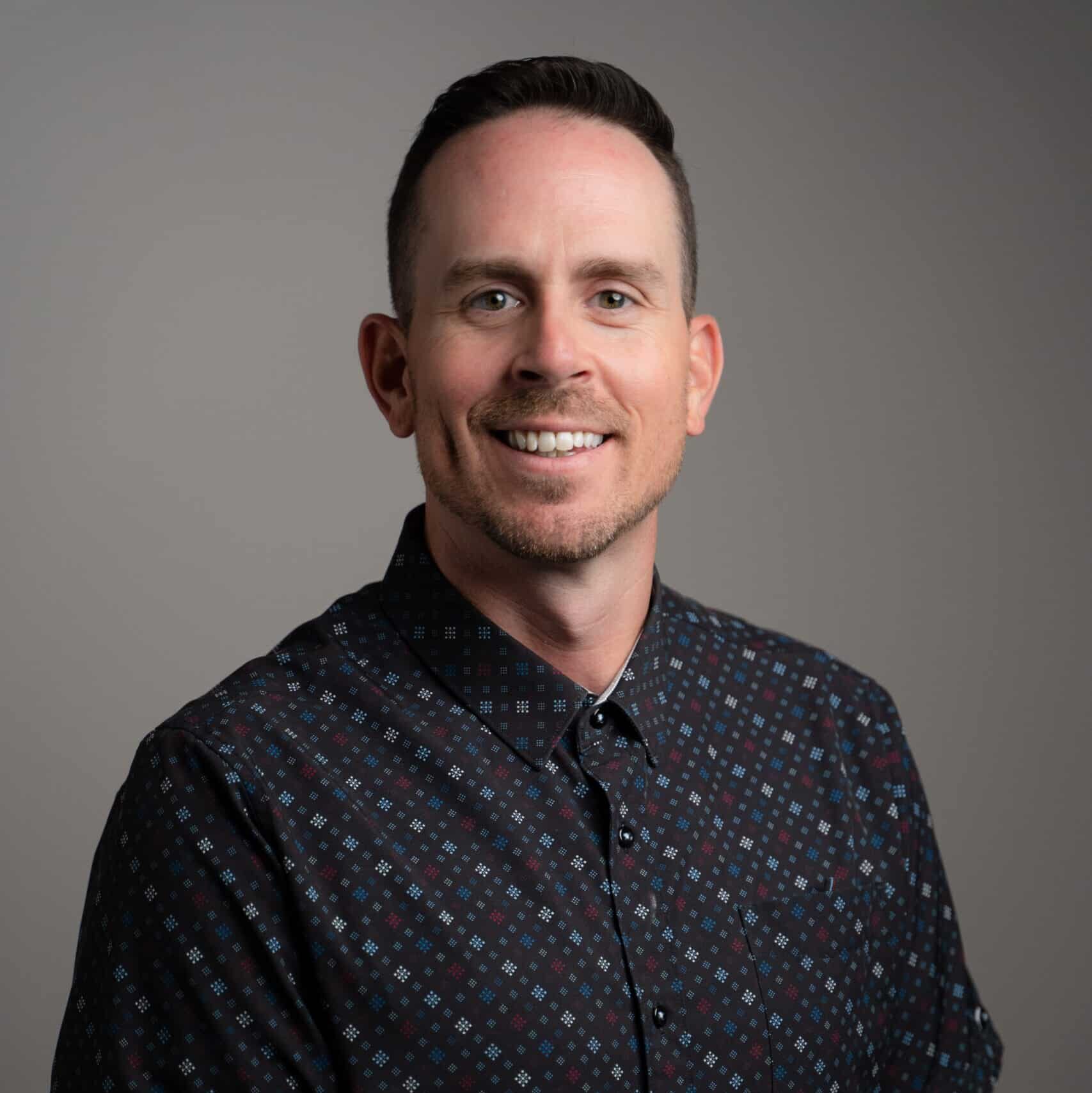


Adam Faulkner
CEO



Jeff Lukas
COO
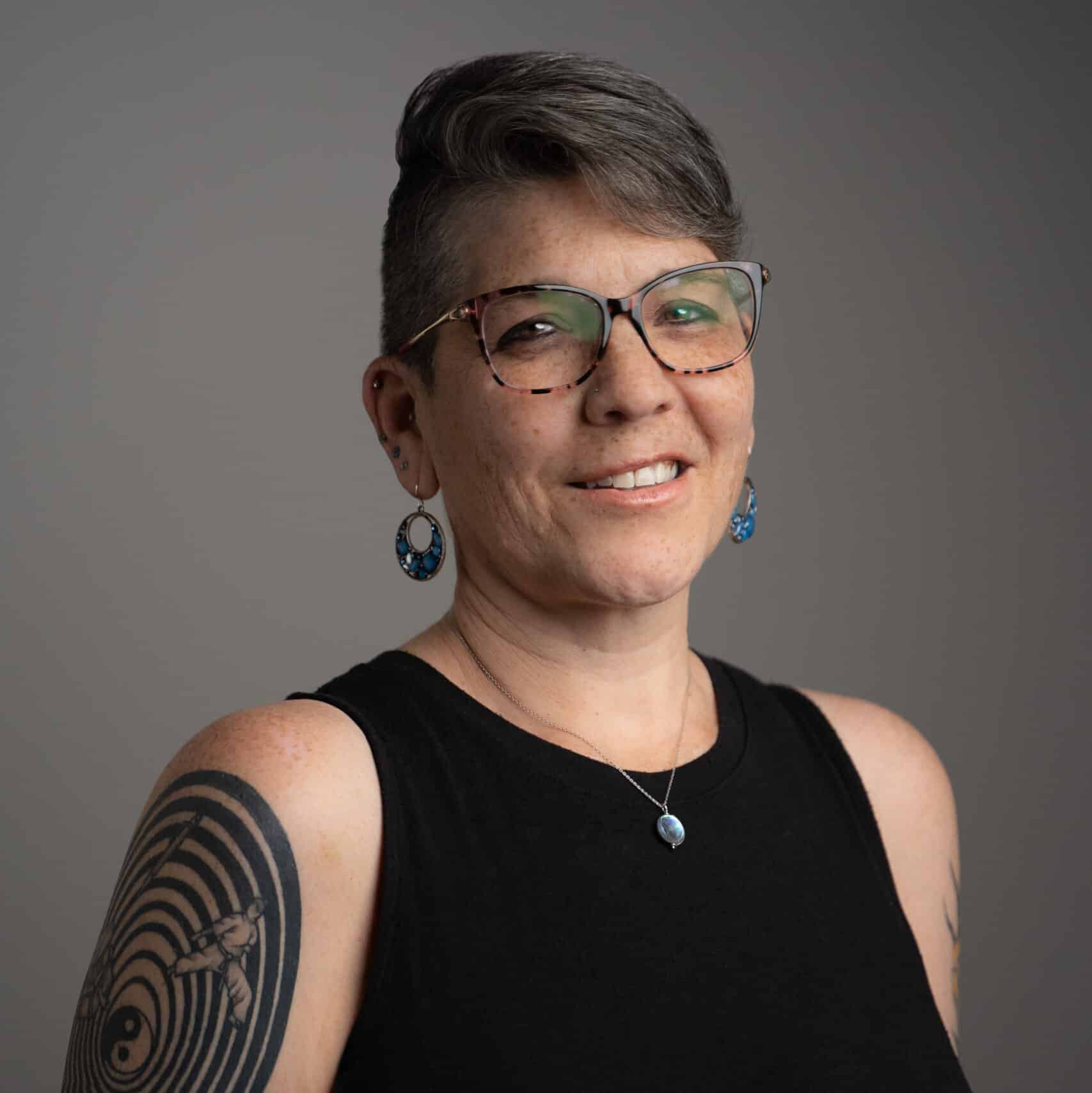


Regina Greene, MS, NLP
Director of S.A.F.E.® Family Recovery



Lydia Negron, MT-BC
S.A.F.E.® Family Recovery & Post Intervention Support
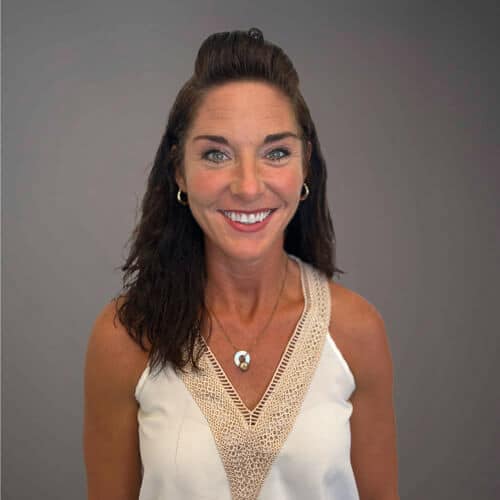


Meghan Gaydos, MA
S.A.F.E.® Family Recovery & Post Intervention Support
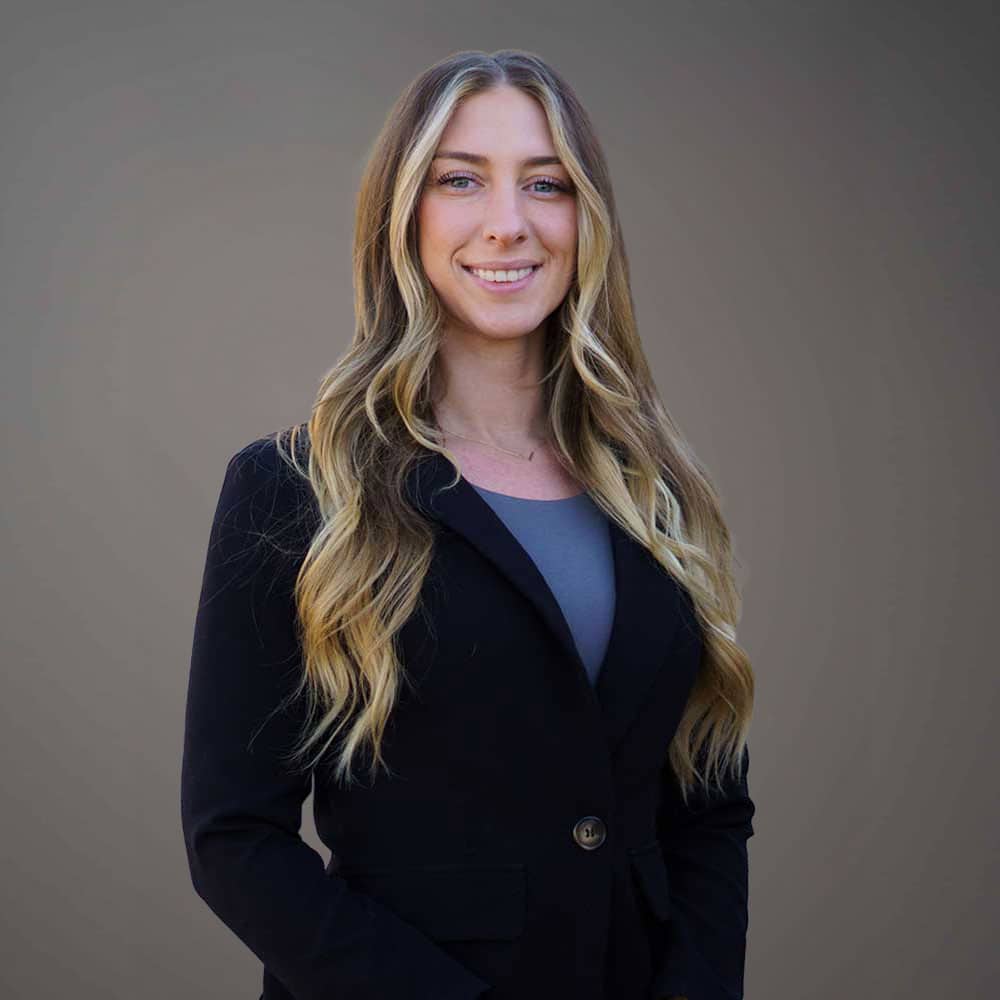


Alaina Fountain
Intervention Coordinator



Megan Torrez
Intervention Coordinator



Natali Chuvala
Intervention Coordinator
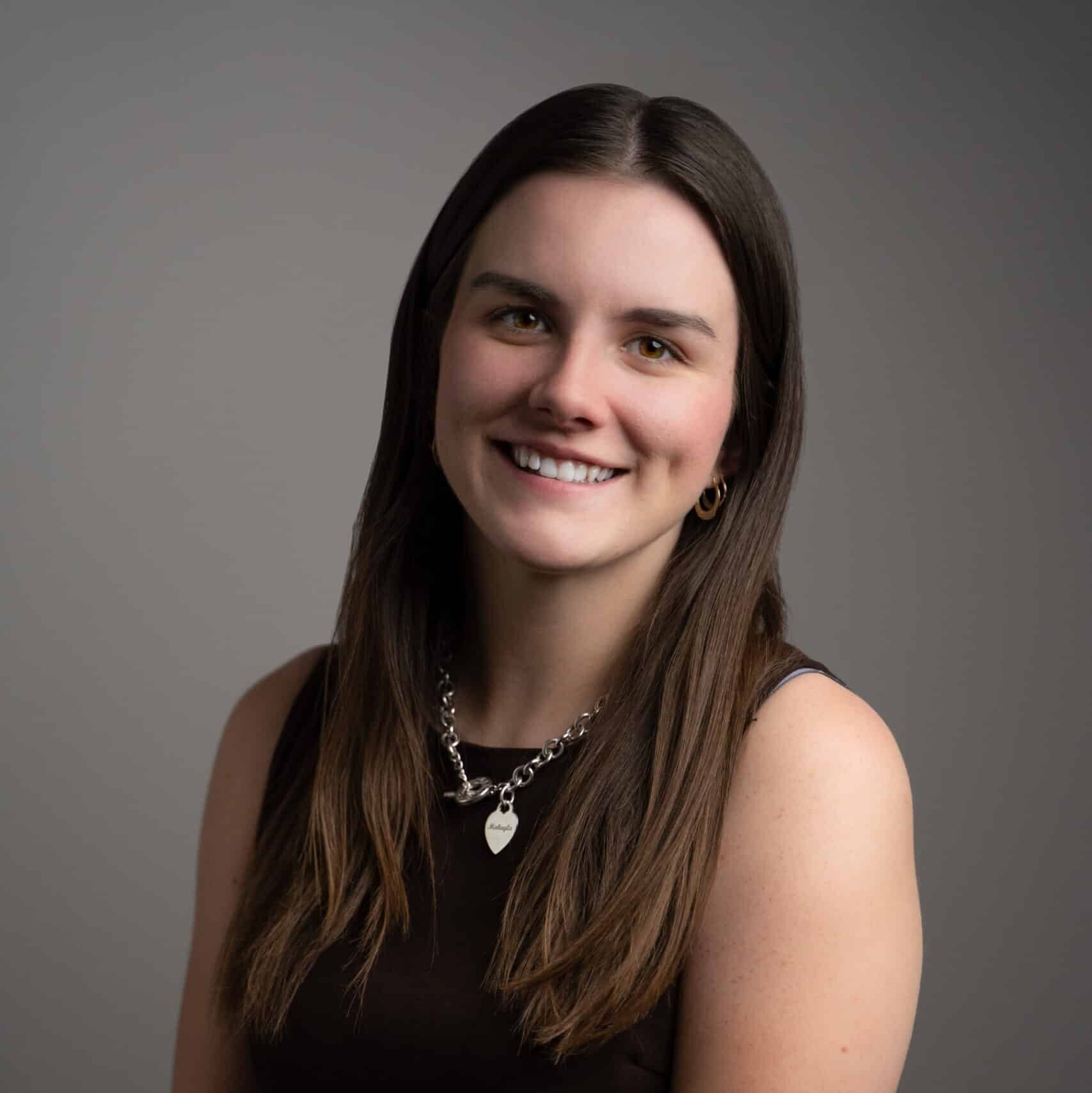


Makayla Zubal
Administrative Assistant
“The most formidable challenge we professionals face is families not accepting our suggested solutions. Rather, they only hear us challenging theirs. Interventions are as much about families letting go of old ideas as they are about being open to new ones. Before a family can do something about the problem, they must stop allowing the problem to persist. These same thoughts and principles apply to your loved one in need of help.”
Mike Loverde, MHS, CIP
